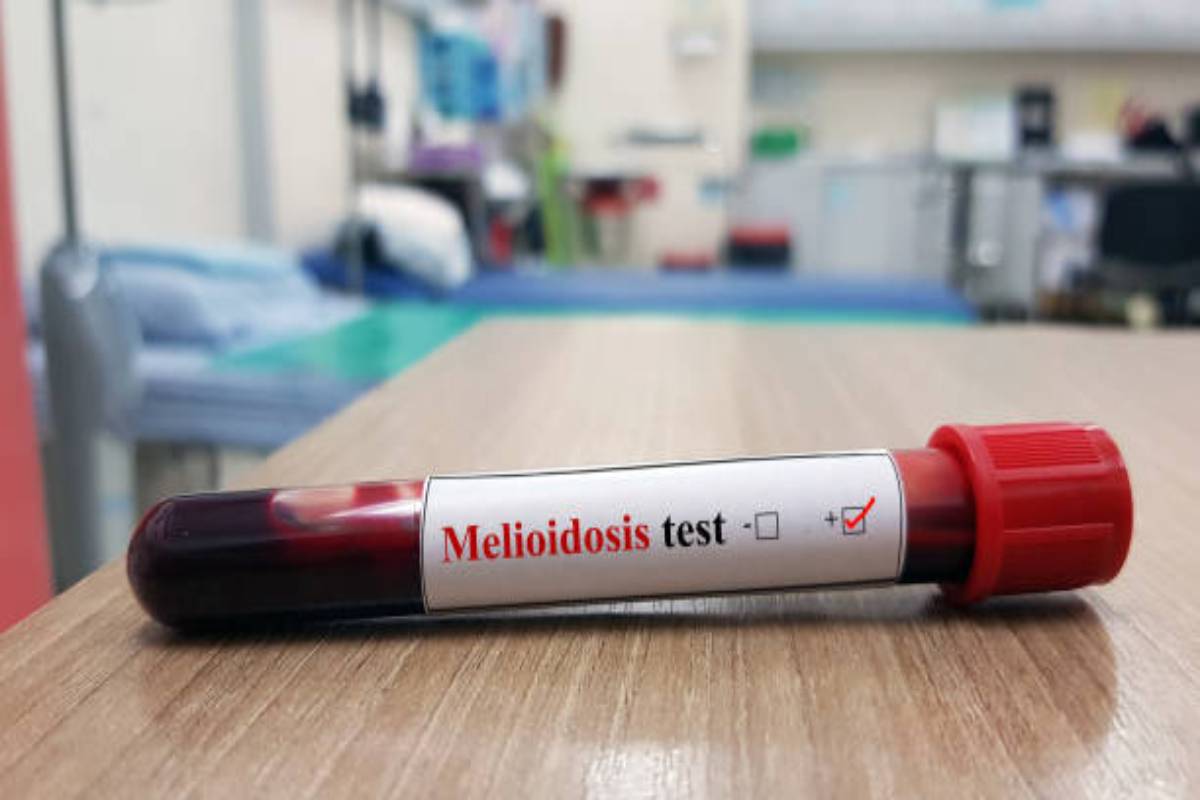Liver Transplantation Clinic becomes operational in AIIMS-Bhubaneswar
The Liver Transplantation Clinic will be jointly managed by the Departments of Surgical Gastroenterology, Gastroenterology, Paediatric Surgery, and Paediatrics.
Patients with diabetes, hazardous level of alcohol consumption, and exposure to rice paddy fields run the highest risk of getting the disease.

Melioidosis (Photo : iStock)
Melioidosis, an infectious disease transmitted to human body by contaminated soil and by inoculation, inhalation and ingestion, has been detected in the coastal state of Odisha.
Experts at the AIIMS in Bhubaneswar on Tuesday said more than two hundred cases of melioidosis were found across the state where more than half of the cases were reported from the Khordha district.
The disease has assumed an endemic proportion in neighboring countries like Bangladesh and Sri Lanka.
According to Prof Bijayini Behera from the Bhubaneswar AIIMS, melioidosis has baffled medical community in having myriad manifestations presenting acutely with high fever, pneumonia, visceral abscesses culminating in life threatening sepsis to indolent presentations of persistent low-grade fever, lymphadenitis and thus has earned a moniker of “great mimicker.”
Patients with diabetes, hazardous level of alcohol consumption, and exposure to rice paddy fields run the highest risk of getting the disease. Urban people with minimum levels of soil exposure like gardening can also get the disease, said doctors.
The disease is linked to environmental factors to afflict human body through inhalation routes. The disease, without an accurate diagnosis and treatment, can be fatal in more than half of the cases, said the health experts.
Advertisement
Advertisement